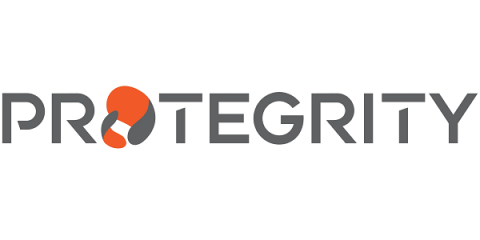A Step-by-Step Guide to DORA Finance Compliance: Practical Advice for Financial Institutions
In the previous post, we explained what the Digital Operational Resilience Act (DORA) is and why it’s crucial for financial institutions and meeting their financial compliance requirements. Now, let’s dive into the steps you need to take to ensure your organisation is fully prepared by the January 2025 deadline.





